The Origins, Predictions, And Controversies Of Bhavishya Malika
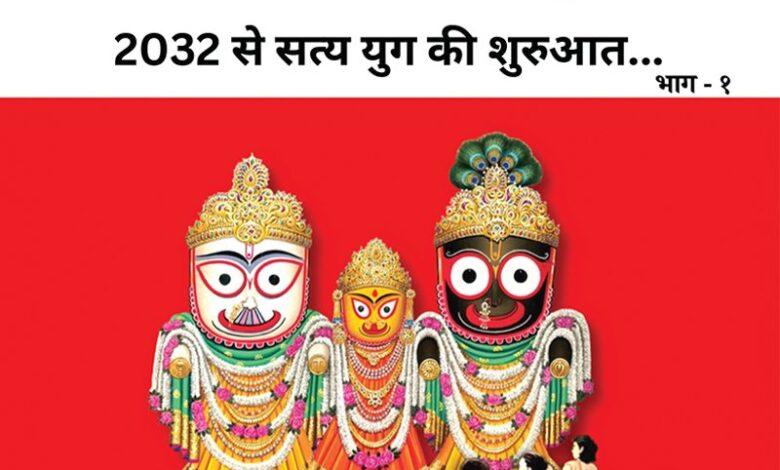
Bhavishya Malika is written by saint Achyutananda Das and his panchsakhas. This ancient Hindu text contains predictions about the future that have captivated the minds of believers and skeptics alike. As the popularity of Bhavishya Malika grows, people are eager to uncover its origins and authenticity. At Vieclam24.vn, we delve into the intriguing world of Bhavishya Malika, exploring the debates, discussions, and examples of predictions that have both convinced and raised doubts. Join us on a journey to unravel the mystique of Bhavishya Malika and draw your own conclusions.
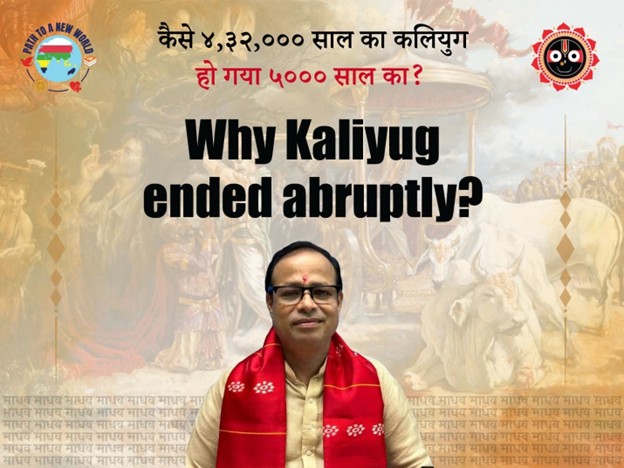
| Key Takeaways |
|---|
| Bhavishya Malika is an ancient Hindu text containing predictions about the future |
| Believers consider the predictions to be accurate, while skeptics question their authenticity |
| Debates and discussions on Bhavishya Malika take place on social media platforms |
| Examples of predictions include both accurate and inaccurate events |
| The future of Earth in 2024 is a topic of interest and speculation |
I. About Bhavishya Malika
The Ancient Hindu Text with Mystical Predictions
Bhavishya Malika is an ancient Hindu text that has captured the curiosity and intrigue of people for centuries. It is believed to contain mystical predictions about the future, offering glimpses into what is to come. The origins of Bhavishya Malika can be traced back to saint Achyutananda Das and his panchsakhas, who are credited with compiling and preserving these prophetic revelations.
Significance and Interpretations
The significance of Bhavishya Malika lies in its ability to provide insights into the future. It touches on various aspects of life, including social, political, and cosmic events. The predictions within Bhavishya Malika have been subject to diverse interpretations over time. While some consider them to be accurate prophecies that have come true, others approach them with skepticism, attributing any coincidental fulfillment of the predictions to chance or subjective interpretation.

II. Origins and Authorship
The Ancient Hindu Text: Bhavishya Malika
Bhavishya Malika, an ancient Hindu text that has sparked intrigue and fascination, holds within its pages predictions about the future. The origins of Bhavishya Malika trace back to saint Achyutananda Das and his panchsakhas. It is believed that these revered figures compiled the text, conveying revelations about what lies ahead in time. While exact dates of when it was written are unknown, the significance of Bhavishya Malika resonates through centuries as people strive to understand the secrets it beholds.
The Role of Saint Achyutananda Das
Saint Achyutananda Das, a notable figure in the history of India’s spiritual tradition, plays a central role in the authorship of Bhavishya Malika. Regarded as one of Odisha’s Panchasakhas or five friends who spread devotion through their teachings during the 16th century, Saint Achyutananda Das is revered for his spiritual wisdom and insight into future events. He is considered both a poet and prophet whose prophecies captured societal interests even beyond his era.
III. Believers and Skeptics
Bhavishya Malika is a text that has sparked a divide between believers and skeptics. On one hand, believers view the predictions mentioned in the ancient text as accurate and reliable, considering them to be revelations of the future. They see Bhavishya Malika as a source of profound wisdom and use it as a guide for decision-making in their lives. On the other hand, skeptics approach Bhavishya Malika with skepticism and doubt. They question the authenticity of the predictions, attributing them to coincidence, selective interpretation, or manipulation. Skeptics seek concrete evidence to validate the accuracy of the prophecies, finding inconsistencies and room for interpretation within the text.
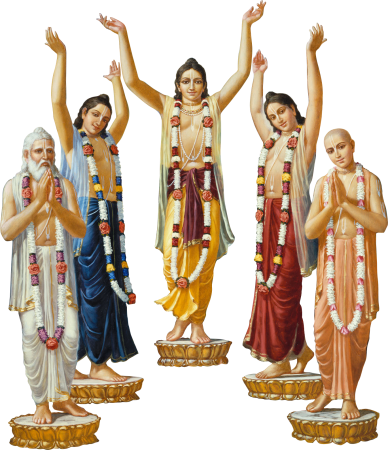
IV. Debates on Social Media
Bhavishya Malika has sparked heated debates and discussions on various social media platforms, including Twitter and Quora. People express a wide range of reactions and opinions towards this ancient text. Some individuals firmly believe that the prophecies mentioned in Bhavishya Malika have come true, while others view them as fabricated post-events. Social media has become a battleground for critics, enthusiasts, and curious minds, with each side presenting evidence and arguments to support their stance. The online discussions provide an opportunity for people to engage in a lively dialogue about the authenticity and reliability of Bhavishya Malika’s predictions.
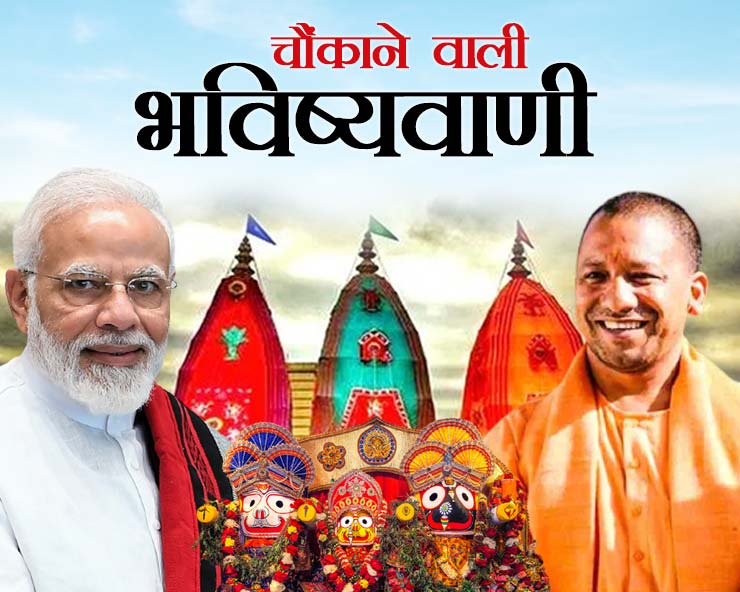
V. Fact or Fiction: Examples of Predictions
Bhavishya Malika is surrounded by controversies regarding the authenticity of its predictions. Let’s explore some examples that have both believers and skeptics engaged in a debate. Supporters point to events such as the invasion of India in 1757 and the rise of Narendra Modi as India’s Prime Minister in 2014, which align with the predictions in Bhavishya Malika. However, skeptics highlight inaccurate predictions like the destructive earthquake in 2005 and the victory of a foreign king in 1857. These discrepancies leave room for doubt and fuel the ongoing discussion about the credibility of Bhavishya Malika.
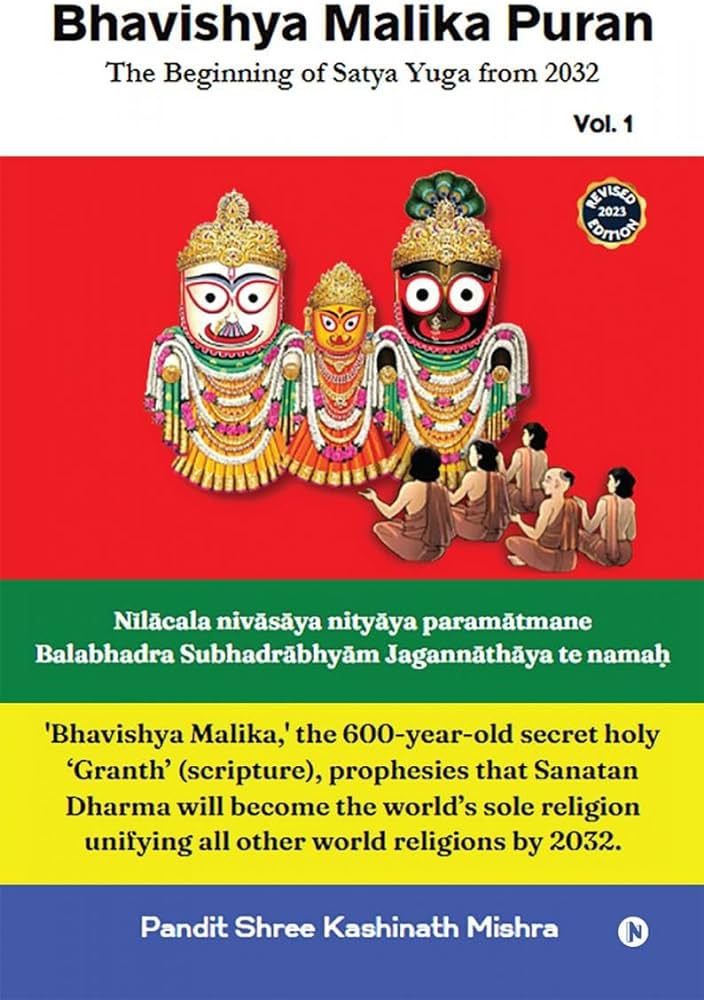
VI. 2024 and the Future of Earth
The year 2024 holds a significant interest and speculation about the future of Earth. While there is no concrete evidence or prediction in Bhavishya Malika specifically pointing to this year, it has become a topic of discussion and curiosity among believers and skeptics alike. The idea of cataclysmic events, such as asteroid impacts or global catastrophes, often captures the imagination. However, it is important to approach these speculations with a critical mindset and rely on scientific knowledge and evidence when considering the future of Earth.
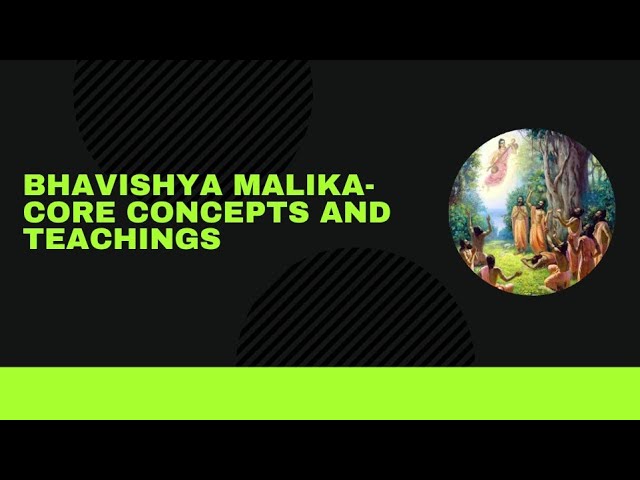
VII. Conclusion
After exploring the origins, controversies, and predictions of Bhavishya Malika, it is clear that this ancient Hindu text has garnered significant attention and debate. While some believers consider the predictions to be accurate and a reliable source of insight into the future, skeptics question their authenticity and attribute them to coincidence or clever manipulation. The debates surrounding Bhavishya Malika have spilled over into social media platforms, where critics and enthusiasts exchange their views.
Examples of predictions mentioned in Bhavishya Malika, such as the invasion of India in 1757 and the rise of Narendra Modi as the Prime Minister of India in 2014, intrigue many. However, some inaccurate predictions, like the destructive earthquake in 2005 and the victory of a foreign king in 1857, cast doubts on the text’s reliability.
Looking to the future, the year 2024 attracts attention as Bhavishya Malika raises questions about the fate of Earth. While the text provides some intriguing insights, it is crucial to approach it with a critical eye and an open mind. As individuals, we should draw our own conclusions regarding the authenticity and relevance of Bhavishya Malika. Whether true or fictional, fact or fiction, this ancient Hindu text continues to captivate those who seek glimpses into the unknown.
**Disclaimer:
The information presented in this article has been gathered from multiple sources, including Wikipedia.org and various newspapers. Although we have taken great care to ensure the accuracy of the information, we cannot guarantee that every detail is completely accurate and verified. Consequently, we advise exercising caution when referring to this article or using it as a research or report reference.**

